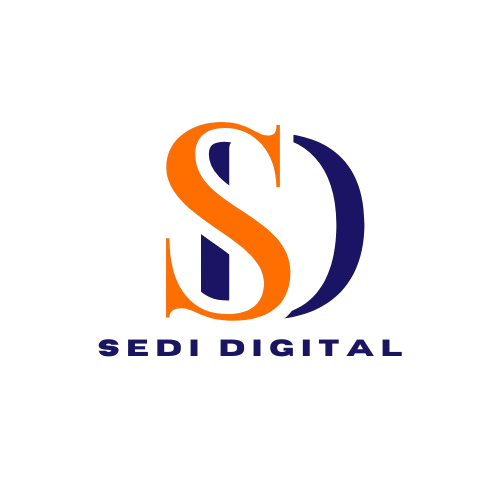Artificial Intelligence (AI) and automation are no longer futuristic concepts they’re essential tools reshaping digital marketing. From predictive analytics to AI-driven chatbots, businesses now leverage automation to:
✔ Personalize customer experiences
✔ Optimize ad campaigns in real-time
✔ Automate repetitive tasks
✔ Boost ROI with data-driven decisions
Key Stats:
- 80% of marketers say AI improves customer engagement (Salesforce).
- AI-powered campaigns see 3x higher conversion rates (McKinsey).
- Chatbots handle 85% of customer service interactions by 2025 (Gartner).
In this guide, we’ll explore:
✅ How AI transforms digital marketing
✅ Top AI tools (chatbots, predictive analytics, digital twins)
✅ Real-world success stories
✅ How to implement AI in your strategy
How AI and Automation Are Changing Digital Marketing
1. Predictive Analytics: Smarter Decision-Making
AI analyzes customer behavior, purchase history, and trends to:
- Forecast sales with 95% accuracy (Forrester).
- Recommend best-performing ads (e.g., Google’s Smart Bidding).
- Identify high-value customers for targeted campaigns.
Example:
Netflix uses AI to recommend shows, keeping users engaged (saving $1B/year in retention costs).
2. Hyper-Personalization at Scale
AI tailors content based on:
- Browsing history (Amazon’s product recommendations).
- Email engagement (dynamic subject lines).
- Social media activity (personalized ads).
Result:
- 35% higher conversion rates for personalized campaigns (Epsilon).
3. AI Chatbots & Virtual Assistants
Modern chatbots (like ChatGPT-powered agents):
- Answer FAQs 24/7 (reducing support costs by 30%).
- Upsell products (Sephora’s chatbot boosts sales by 11%).
- Book appointments (restaurants, salons).
Tool to Try:
ManyChat (no-code chatbot builder).
4. Programmatic Advertising & AI Bidding
AI automates ad buying to:
- Target ideal audiences in real-time.
- Adjust bids based on performance.
- Reduce wasted ad spend by 50% (Google Ads AI).
Example:
The Trade Desk uses AI to optimize cross-channel ad placements.
5. Digital Twins: Simulating Marketing Scenarios
Digital twins create virtual models of campaigns to:
- Test strategies risk-free.
- Predict customer responses.
- Optimize budgets before launch.
Used by:
Nike (simulates product launches), Walmart (forecasts inventory demand).
Top AI Marketing Tools to Try in 2024
| Tool | Use Case | Pricing |
|---|---|---|
| ChatGPT | AI content, chatbots | Free-$20/month |
| Jasper | Marketing copywriting | $49/month |
| HubSpot AI | Email automation, analytics | Free-$1,600/month |
| Surfer SEO | AI-optimized content | $89/month |
| Synthesia | AI video avatars | $30/month |
3 Brands Winning with AI Marketing
1. Spotify’s AI Playlists
- Uses AI to curate “Discover Weekly” playlists.
- Result: 100M+ users engage weekly.
2. Starbucks’ Predictive Ordering
- AI predicts orders before customers arrive.
- Result: 25% faster service, higher satisfaction.
3. Coca-Cola’s AI-Generated Ads
- Created with ChatGPT + DALL·E.
- Result: Viral buzz, 10M+ impressions.
Also Read: The Power of Personalization: How AI and Data Transform Customer Experience
How to Implement AI in Your Marketing
Step 1: Start with Data Collection
- Use Google Analytics, CRM tools.
- Track customer journeys.
Step 2: Automate Repetitive Tasks
- Email sequences (Mailchimp).
- Social posting (Hootsuite AI).
Step 3: Test AI-Powered Ads
- Try Google’s Performance Max.
- Use AI-generated creatives (Canva AI).
Step 4: Deploy an AI Chatbot
- ManyChat for Facebook/Instagram.
- Drift for B2B websites.
Step 5: Measure & Optimize
- Track AI-driven ROI.
- Refine based on insights.
The Future of AI in Marketing
By 2025, AI will:
🔹 Generate 30% of digital content (Gartner).
🔹 Power 95% of customer interactions (Servion).
🔹 Save businesses $8B annually (Juniper Research).
Early adopters will dominate—start small, scale fast!
Need an AI marketing audit? Book a free consultation!

